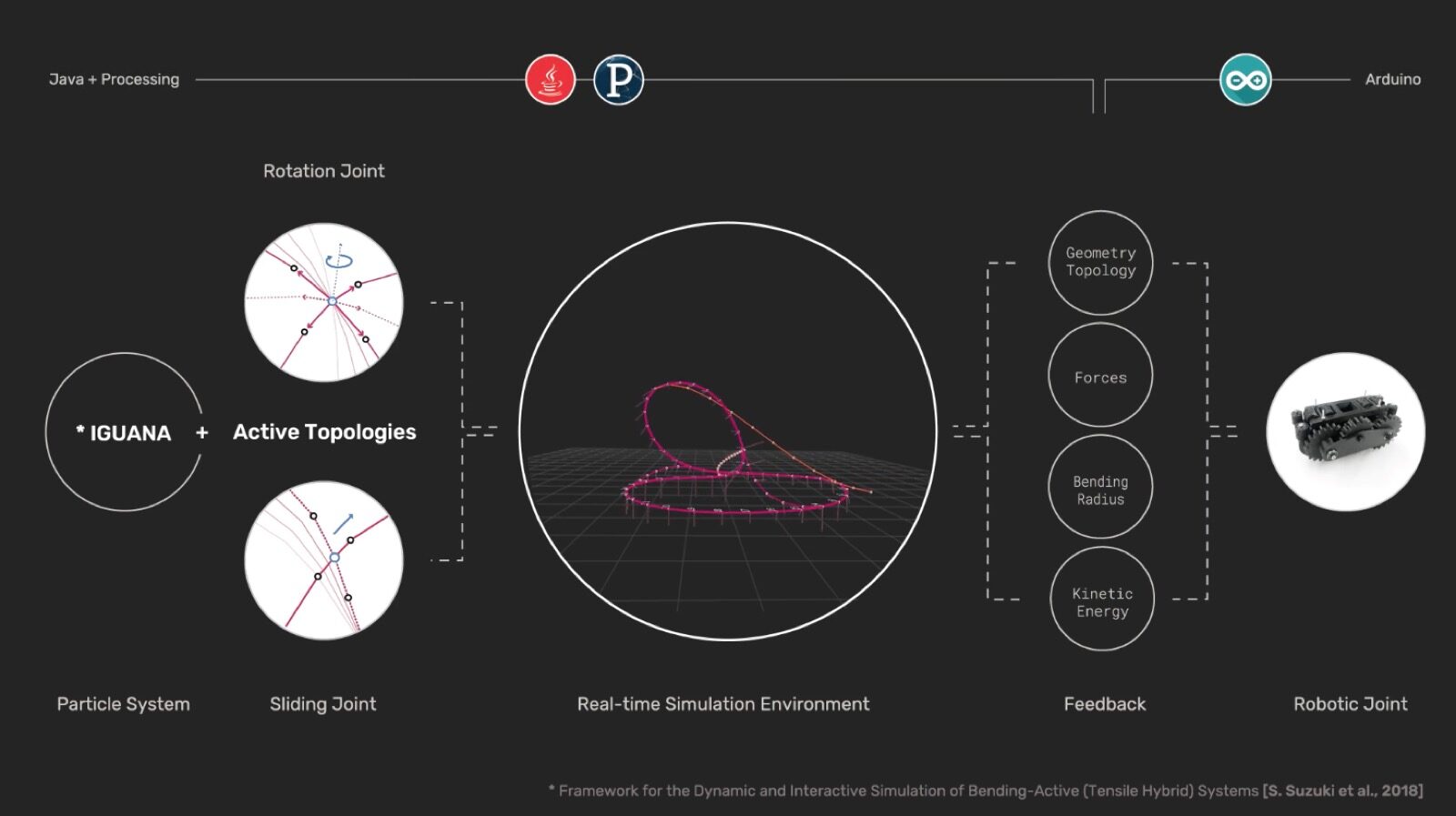

Robot_description = pathlib.Path('MY_PATH/MY_URDF.urdf').read_text()ĬonvertUrdfContent(input = robot_description)Ĭonvert into Webots Robot node strings from urdf2webots.importer import convertUrdfFileĬonvertUrdfFile(input = 'MY_PATH/MY_URDF.urdf', robotName="myRobot")ĬonvertUrdfContent(input = robot_description, robotName="myRobot")Ĭheck out this tutorial for a more in-depth, step by step instruction, on how to: Convert into Webots PROTO files from urdf2webots.importer import convertUrdfFileĬonvertUrdfFile(input = 'MY_PATH/MY_URDF.urdf')įrom urdf2webots.importer import convertUrdfContent In Python, you can convert a URDF file by passing its path as an argument to the convertUrdfFile() function or directly by passing its content as an argument to the convertUrdfContent() function. The command line arguments available from the terminal are also available from the Python interface, but some have different names: Terminal It has been removed as there is a better way to do it by adding the following to your URDF file (assuming base_link is the root link of your robot): Previously the -static-base argument was supported in order to set the base link to be static (disabled physics). Relative paths present in your URDF file will be treated relatively to the current directory from which the script is called unless -relative-path-prefix is set. In that case, you can pipe the content of your URDF file into the script: cat my_robot.urdf | urdf2proto.py. In case the -input option is missing, the script will read the URDF content from stdin. For example: filename="head.obj" with -relative-path-prefix="/home/user/myRobot/" will become filename="/home/user/myRobot/head.obj".

proto extension will be the robot name (for PROTO conversion only). -output=OUTPUT: If set, specifies the path and, if ending in ".proto", name of the resulting PROTO file.

-input=INPUT: Specifies the URDF file to convert.-h, -help: Show the help message and exit.The script accepts the following arguments: Usage From pip python -m urdf2webots.importer -input=someRobot.urdf
#Interface choreograph webots install
Pip install -upgrade -editable urdf2webots

On macOS, export the pip binary path to the PATH: export PATH="/Users/$USER/Library/Python/3.7/bin:$PATH" From Sources git clone -recurse-submodules This tool converts URDF files into Webots PROTO files or into Webots Robot node strings.


 0 kommentar(er)
0 kommentar(er)
